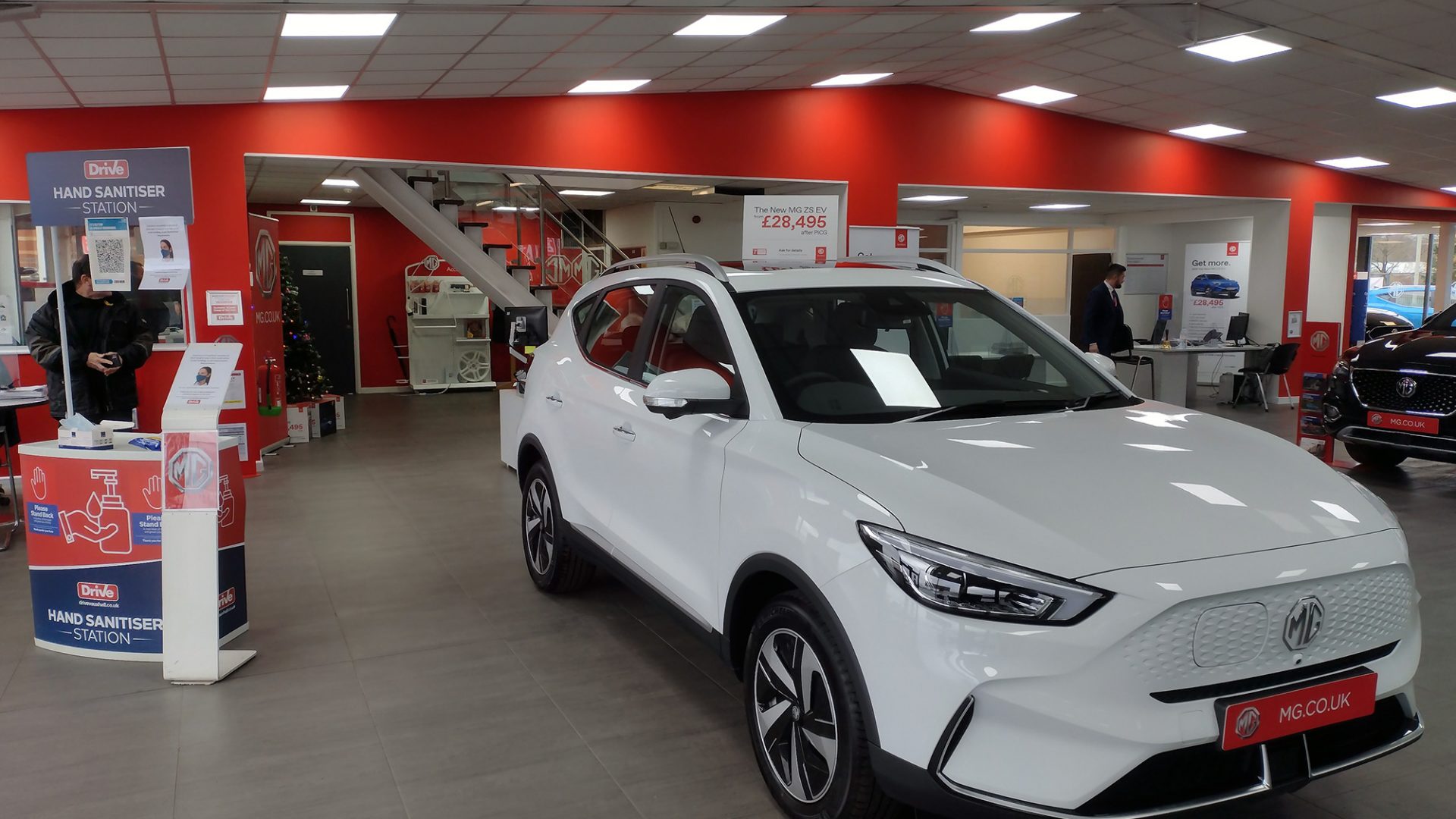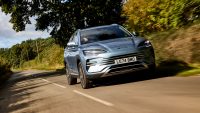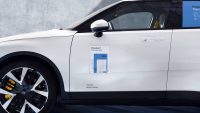A dealership group says it’s seen no let-up in interest in EVs despite soaring energy costs.
Drive Motor Retail, which has 16 showrooms representing MG, Citroen and Vauxhall across England, expanded its Leicester dealership in the spring to cater for high customer numbers for MG’s electric models.
But even though the manufacturer later said it was stopping taking orders for its electric models earlier this year, that hasn’t daunted the dealership chain.
Drive Motor Retail joint MD Rob Keenan added: ‘We have been selling electric cars for several years now, and in that time demand for them has rocketed.
‘We now have a healthy stock of used EVs which allow customers on a lower budget to purchase their first EV.
‘Electric cars are cheaper to maintain as there are fewer serviceable parts and fluids compared to a combustion-engined vehicle.
‘On average, EVs cost 30 per cent less to service, and consumable parts like brakes last longer thanks to the regenerative braking technology.
‘These cost savings combined with zero road tax, clean air zone exemptions and cheaper parking mean that while rising energy costs have inevitably made the running costs of an electric car higher than previously, drivers should not be put off as they are still lower than a combustion-engined vehicle.’
Drive Leicester sales manager Katie Levy said: ‘MG stopped taking orders for their electric models earlier this year due to demand outstripping supply [but] we have seen no let-up in interest for the EVs we supply across the Drive group.
‘We recognise that with increasing energy costs and falling fuel prices, some people might think electric vehicles might become more expensive to run than combustion-engined cars.
‘We have been reassuring customers that electric vehicles remain a good alternative and will still save them money on running costs, whilst also being better for the environment.’
They were speaking out after a report commissioned by the RAC revealed that the overall cost of running an EV will stay cheaper than fossil-fuelled cars even as the energy price cap increases.
The study found that about 80 per cent of electric car charging takes place at home, with home chargers often running overnight when electricity prices are lower.
The report states that even with rising energy costs, owning and running an EV will be good value versus combustion-engined vehicles when the October changes begin.
If electric vehicle owners continue to primarily charge their cars overnight during off-peak hours, the cost of running an EV will be cheaper than for traditional cars.
The RAC said that although new electric cars may cost more to buy, used EVs are easily available at a reasonable price and used stock was continuing to increase as the take-up of EVs rises.
Pictured at top is Drive’s Leicester MG showroom



































